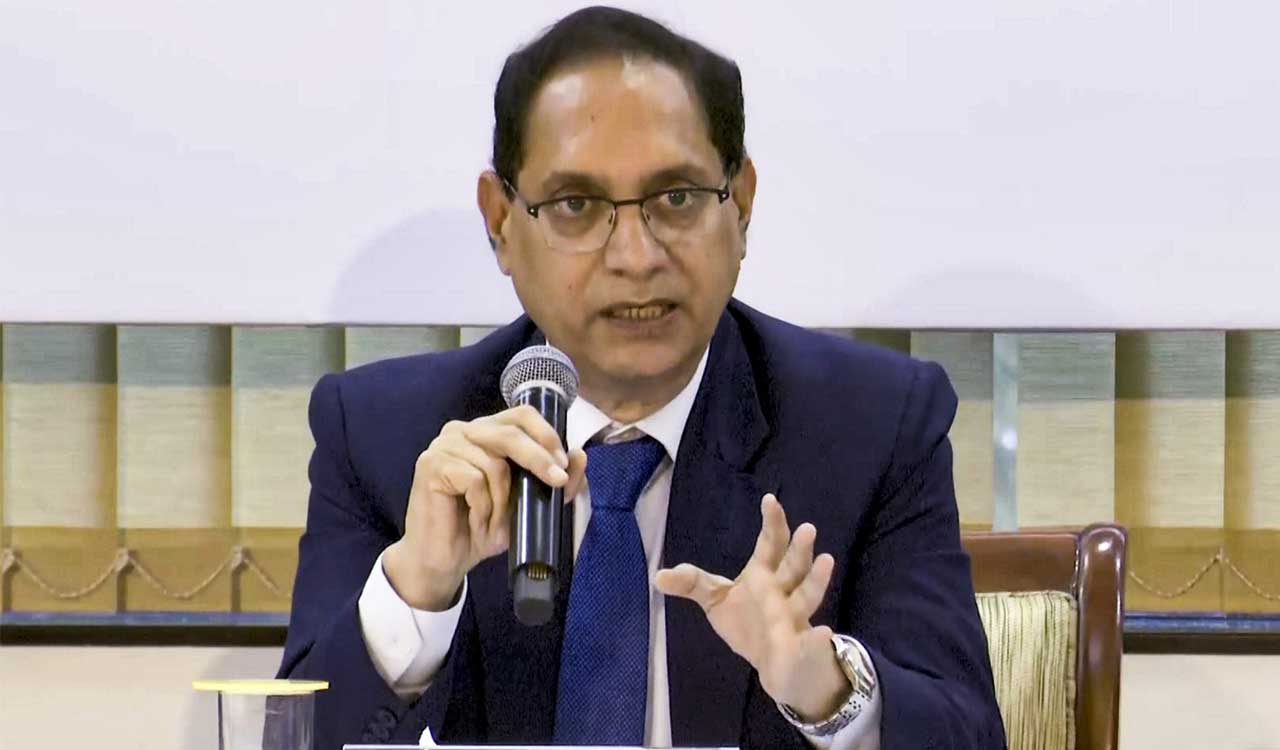Editorial: The first step in Sebi reform
Sebi Chairman Tuhin Kanta Pandey’s decision to constitute high-level committee to review provisions relating to conflicts of interest, disclosures and other matters was necessary to restore regulator’s credibility

Though belated, the Securities and Exchange Board of India (Sebi) has taken the first step to address the crucial issue of conflict of interest related to its members. During its first board meeting under new chairman Tuhin Kanta Pandey, the market regulator decided to constitute a high-level committee (HLC) to conduct a comprehensive review of the provisions relating to conflicts of interest, disclosures and other matters. This is a welcome development against the backdrop of a recent controversy surrounding Sebi’s former chief Madhabi Puri Buch. She came under attack towards the end of her term after the now-closed Hindenburg Research alleged conflict of interest in investigations into the Adani group because of her previous investments. The latest move aims to address concerns surrounding transparency at the organisation, which had repeatedly faced allegations of conflict of interest. The HLC, comprising eminent persons and experts, will submit its recommendations within three months of its formation. Hopefully, this will signal broad reforms in the functioning of the market regulator, which has been under intense scrutiny on matters of regulatory oversight, transparency and accountability. For years, Sebi has faced criticism for failing to prevent conflicts of interest, particularly in high-stakes corporate governance and market manipulation cases. Regulatory leniency and selective enforcement have damaged its credibility, casting doubt on its role as an impartial watchdog. Addressing the conflict of interest issue is a necessary step to restore its credibility and reassure investors that the market operates on a level playing field.
The institutions entrusted with the task of fair regulation must themselves be above board and measure up to high moral standards. Sebi’s response to the allegations of violation of disclosure norms against its former chief had left much to be desired. In 2023 too, Hindenburg came up with a damning report accusing the Adani Group of brazen stock market manipulation and accounting fraud, triggering shock waves in the stock market and among political circles. The Supreme Court had then ruled out any CBI or court-monitored probe into the alleged revelations. The Sebi code clearly requires its board members to disclose their interests, which may conflict with their duties, along with transactions of family members. It must be asked whether the regulator’s associations with parties who themselves are key players in private investment firms should also have been publicly disclosed. When the market regulator itself is under a cloud, all stakeholders, including the government, need to act to clear it, fully protecting its institutional autonomy. The Indian market, the world’s fourth largest in terms of market cap, needs to adhere to stringent standards. By mandating disclosure of potential conflicts, Sebi can reduce the risk of undue influence and compromised decision-making. This is especially critical in areas like mergers and acquisitions, initial public offerings, and market surveillance — sectors where conflicts of interest have historically posed significant risks.
Also Read
Related News
-
Google introduces “time travel” feature: Know how to use it
1 hour ago -
Mukhtar Ansari gang shooter killed in joint police operation in Jamshedpur
2 hours ago -
Horoscope: Know your astrological predictions for the week from March 30 to April 5, 2025
2 hours ago -
Hyderabad: Malkajgiri railway station redevelopment works under way in full swing
8 hours ago -
Osmania University Teachers’ Association writes to Telangana Governor Jishnu Dev Verma about harassment by Vice Chancellor
8 hours ago -
Telangana: ACB nabs Karimnagar market committee official
8 hours ago -
Telangana: Inspire India Science and Technical Expo held at Priyadarshini College for Women
8 hours ago -
Titans deliver shocker to Mumbai as the home team defends a sub-200 score to secure 36-run victory
8 hours ago




